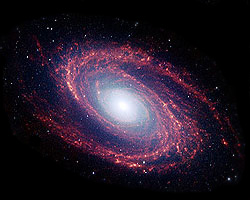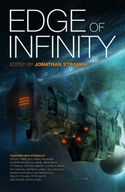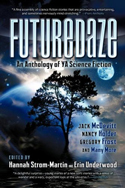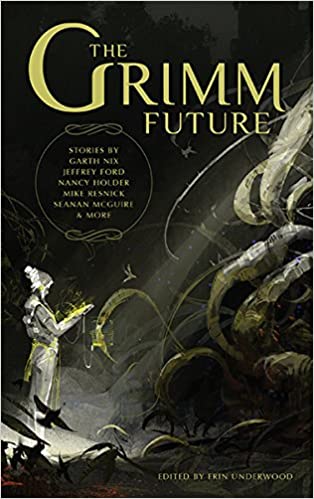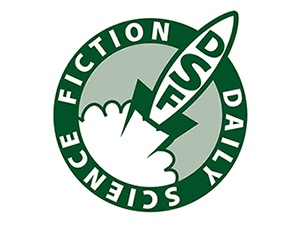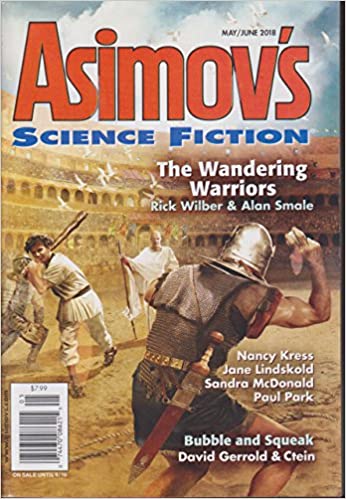|
| |
Techno-thrillers or SF-thrillers are near-future, fast-paced,
technology based stories. As a genre, there is considerable overlap
with fast-paced, near-future, hard-science fiction.
So what are the differences between a techno-thriller or
SF-thriller and Science Fiction?
-
Pacing: thrillers need to maintain an
on-the-edge-of-the-seat pace. Duh.
-
Antagonists: in a thriller, the reader generally
knows who the bad guy is, even knows what he plans. SF often
presents a mystery to be solved. Thrillers are more likely to
present an imminent disaster to be prevented.
-
Peril: In a thriller, the stakes are higher,
generally life or death, often to a large group, even the world.
The threats begin in chapter one, and grow until the climax. If
an SF event story, the triggering event may not be an obvious
threat at the beginning.
-
Background: More technological background info is
needed in a thriller. SF readers are presumed to know more
science & technology, indeed are offended when the writer gets
the science wrong. Still, there must be no blatant infodumps.
-
Technology: Near-future. Recognizable human society,
behaviors. Believable technology, perhaps significantly advanced
over off-the-shelf today.
-
Secrecy: in a thriller, the advanced technology is
often new and secret, limited to government/military
organizations, and to well-funded terrorists. It affects the
protagonists and those around him. In SF, advanced technology is
often commonplace, affecting society as a whole.
-
Rivets: In both technothrillers and SF, the
technology is visible and important, almost certainly key to the
story. In a thriller, it is more likely to be military
technology, or at least have military implications. There are
exceptions (ie, Andromeda Strain).
First things first: Monitor the website and blog of
the International Thriller Writers (ITW) at
www.ThrillerWriters.org.
ITW also presents
Thrillerfest,
the annual convention of thriller writers.
Second: All techno- or SF- thriller writers writers should subscribe to
LOCUS, the
Science Fiction genre journal.
Locus is loaded with genre information including reviews,
interviews, and lists of newly accepted works (often complete
with agents name - a valuable piece of information if you would
like to find an agent who works with similar writers). There are
other journals appropriate for other thriller sub-genres. Pick at
least one.
Third: Once published, all thriller writers should join
ITW, and techno- or
SF-thriller writers should join SFWA
(the Science Fiction & Fantasy Writers of America).
|
A MUST READ:
How to Write Science Fiction & Fantasy
by
Orson Scott Card. This book does an excellent job
of describing the essential differences between the SF genres and the rest
of the fiction universe. It also gives great
examples of common errors, lists of additional
resources, and of course practical advice from a Hugo & Nebula
Award winner. It's value is not limited to SF writers -
its wisdom applies to all genres.
|

|
TWO MUST SEE WEB SITES:
|
